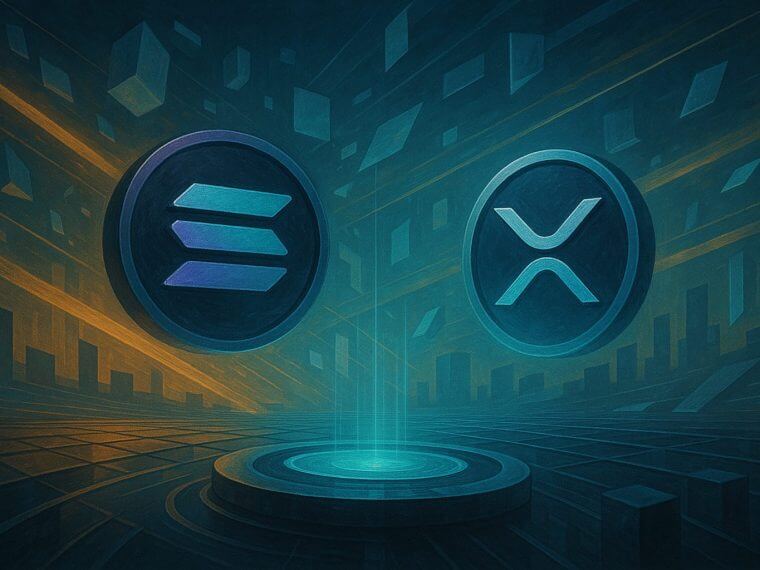Greece and OpenAI have signed a Memorandum of Understanding (MoU) to expand the integration of artificial intelligence (AI) in the country, eyeing education and SME utility.
Dubbed “OpenAI for Greece,” the collaboration between Greece and OpenAI was signed at the Hellenic Expo event, with key government officials in attendance. Prime Minister Kyriakos Mitsotakis, Onassis Foundation President Anthony Papadimitriou, and OpenAI Chief Global Affairs Officer Chris Lehane inked their signatures on the document.
Greece will pioneer the mainstream use of ChatGPT Edu, a tailor-made version of the AI chatbot for educational institutions. The MoU will back a phased pilot starting in the next academic session to integrate ChatGPT Edu into its educational system.
Under the first phase, authorities will focus on improving AI literacy among students and teachers in select institutions, with the second phase featuring a nationwide rollout. The Onassis Foundation will lead the implementation of ChatGPT Edu with The Tipping Point, which will be handling teacher onboarding.
“From Plato’s Academy to Aristotle’s Lyceum—Greece is the historical birthplace of western education,” said Lehane. “Today, with millions of Greeks using ChatGPT on a regular basis, the country is once again showing its dedication to learning and ideas.”
Going forward, a joint task force comprising representatives from the Prime Minister’s Office and the Ministry of Education will supervise the pilot project. Meanwhile, OpenAI will provide technical support and co-design a teacher’s training manual focusing on safety and productivity.
Launched in 2024, ChatGPT Edu has succeeded at leading universities, including Harvard and Oxford. OpenAI executives are confident of extended adoption levels in Europe, given its GDPR compliance, while offering students and teachers access to OpenAI’s latest models.
MoU poised to support the local startup ecosystem
Besides pushing to improve the local educational landscape, the MoU will launch the Greek AI Accelerator Program. The program will support Greek firms that are starting to build AI products and emerging technologies in partnership with Endeavor Greece.
Successful firms will have access to OpenAI technology and credits while receiving technical mentorship from OpenAI engineers. Furthermore, the program will offer tailored workshops on regulatory compliance and global safety standards while providing international exposure to local firms.
Before the MoU with OpenAI, Greece had taken early steps with AI to future-proof key industries. The country rolled out a national blueprint for AI while backing an AI-based platform to stifle the spread of fake news in Greek cyberspaces.
Indonesia unveils evaluation mechanism for responsible AI development
Months after launching a Center of Excellence for Artificial Intelligence (AI), Indonesian authorities have developed an evaluation mechanism for safe AI innovation for service providers.
According to a report by local news outlet Antara, the Ministry of Communications and Digital Affairs is the brainchild behind the evaluation mechanism. The newly minted mechanism is an attempt by the Ministry to ensure that AI innovation remains aligned with ethics and international best practices.
At the moment, Indonesia’s AI Ethics Guideline is still under development, but a self-assessment by local AI developers via an incident reporting system provided the Ministry with data for the evaluation mechanism.’
The Ministry’s Director of AI and New Technology Ecosystems, Aju Widya Sari, disclosed that the ethical guidelines will promote inclusiveness, safety, transparency, and accessibility. Following the above, the evaluation mechanism will reflect the ethical guidelines, allowing AI developers to operate under the highest global standards.
“The evaluation of the ethical guidelines will be carried out gradually to ensure ethical and responsible AI governance,” said Sari.
While not expressly stated, the evaluation mechanism will involve a multi-layer process involving rigorous checks from pre-deployment to post-deployment. Furthermore, pundits opine that the mechanism will feature metrics to measure fairness, transparency, privacy, and safety.
Sari disclosed that the evaluation mechanism will offer Indonesia the benefits of sustainability in its economy, social demographics, and environment. Indonesia has since launched an AI Center of Excellence to boost adoption demographics amid a keen stance for public safety.
Furthermore, the Southeast Asian country has made a significant play to deepen its talent pool for emerging technologies via a raft of initiatives.
AI regulation sweeps through the ecosystem
Amid the global push for AI innovation, attempts at regulation have gathered significant steam over the last year. While the EU has surged ahead with a regulatory playbook, other regions are adopting a cautious stance on AI rules for service providers.
Japan has adopted a friendly stance, while Switzerland is opting to remain neutral toward regulations, allowing the ecosystem to develop at its own pace. Meanwhile, UNESCO is riding a wave of international collaborations to promote ethical AI development, signing MoUs with Jamaica, Bangladesh, and the Netherlands.
In order for artificial intelligence (AI) to work right within the law and thrive in the face of growing challenges, it needs to integrate an enterprise blockchain system that ensures data input quality and ownership—allowing it to keep data safe while also guaranteeing the immutability of data. Check out CoinGeek’s coverage on this emerging tech to learn more why Enterprise blockchain will be the backbone of AI.
Watch | Treechat AI: Empowering Super Creators
title=”YouTube video player” frameborder=”0″ allow=”accelerometer; autoplay; clipboard-write; encrypted-media; gyroscope; picture-in-picture; web-share” referrerpolicy=”strict-origin-when-cross-origin” allowfullscreen=””>
Source: https://coingeek.com/openai-inks-deal-with-greece-for-ai-innovation-in-schools/



